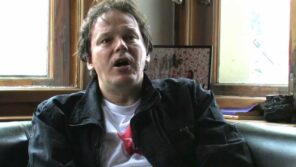In this book, David takes readers on a journey through the idea of democracy, provocatively reorienting our understanding of pivotal historical moments, and extracts their lessons for today—from the birth of Athenian democracy and the founding of the United States of America to the global revolutions of the twentieth century and the rise of a new generation of activists. Underlying it all is a bracing argument that in the face of increasingly concentrated wealth and power in this country, a reenergized, reconceived democracy—one based on consensus, equality, and broad participation—can yet provide us with the just, free, and fair society we want.
The Democracy Project
(Intended title: “As if We Were Free.”)
Arabic
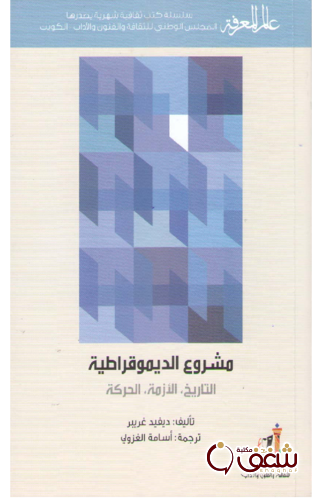
Osama Al Ghazouli
Pages: 304Chinese (Traditional)

Shujun Tang
,Shangyuan Li
,Yaxin Chen
Pages: 293English
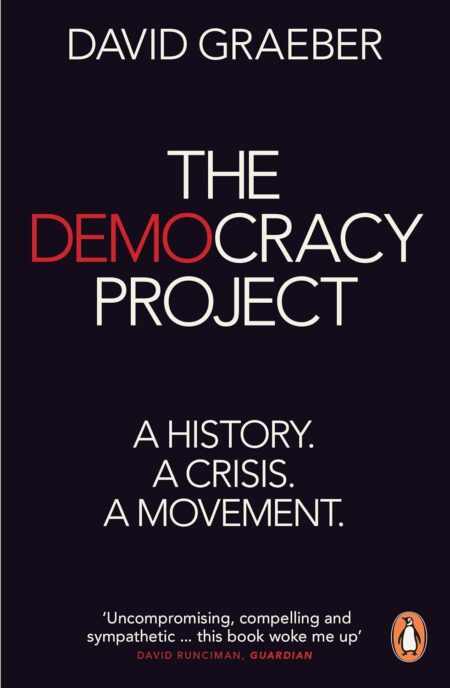
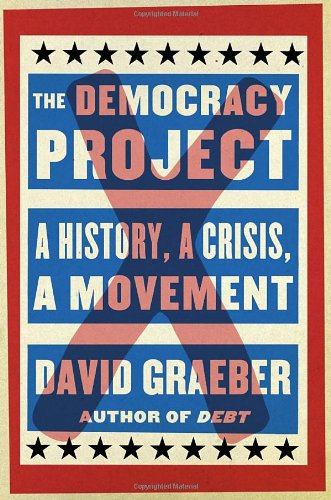
French

Alexie Doucet
Pages: 278Georgian
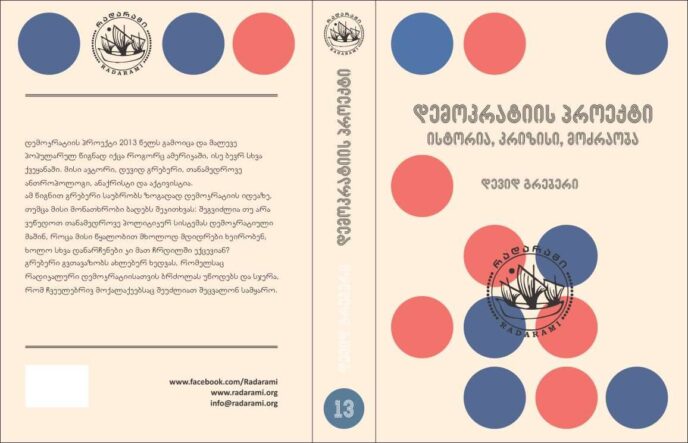
Thea Margvelashvili
,Natia Menabde
Pages: 361German
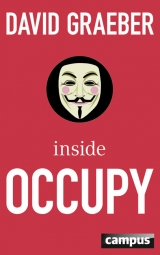
Greek

Angelos Philippatos
Pages: 368Italian
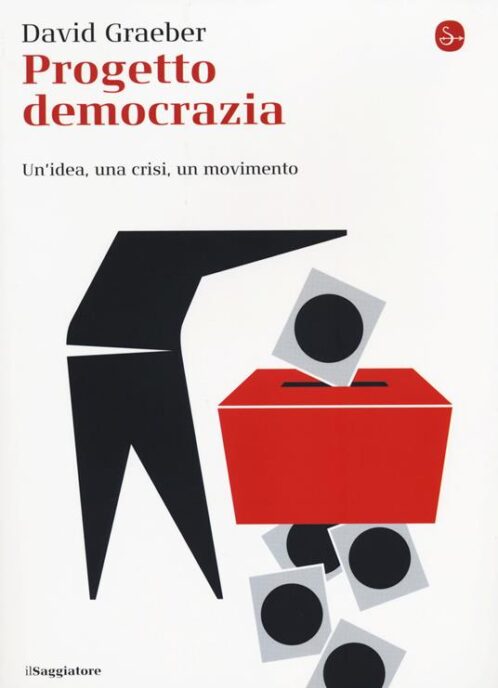
Daniela Antongiovanni
,Marina Beretta
,Francesca Cosi
,Alessandra Repossi
Pages: 288Japanese
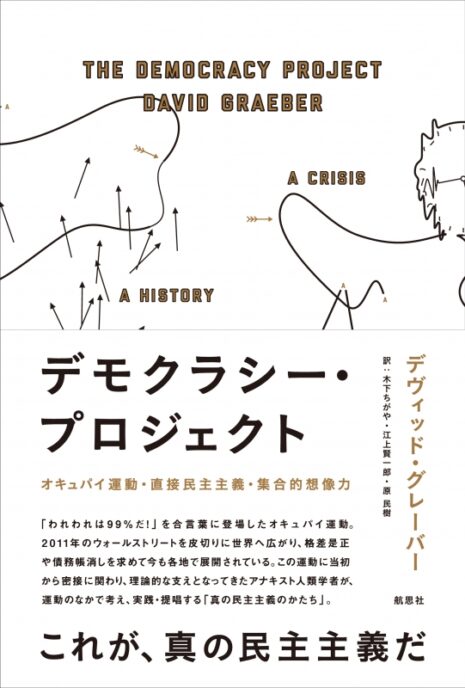
Kinoshita Chigaya
,Egami Kenichiro
Pages: 365Korean
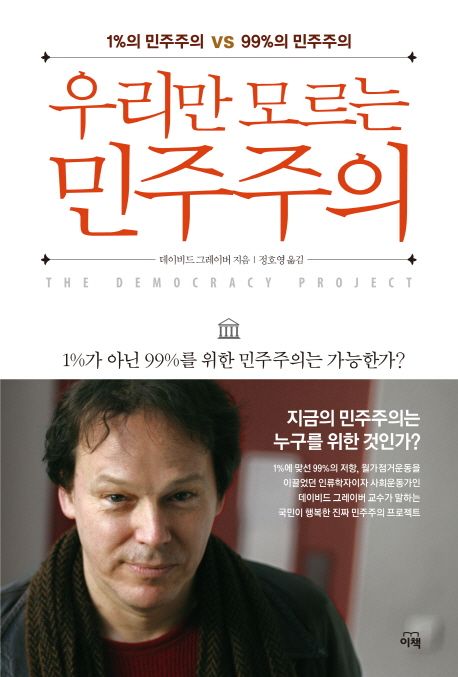
Jeong Ho-yeong
Pages: 328Portuguese

Ana Beatriz Teixeira
Pages: 208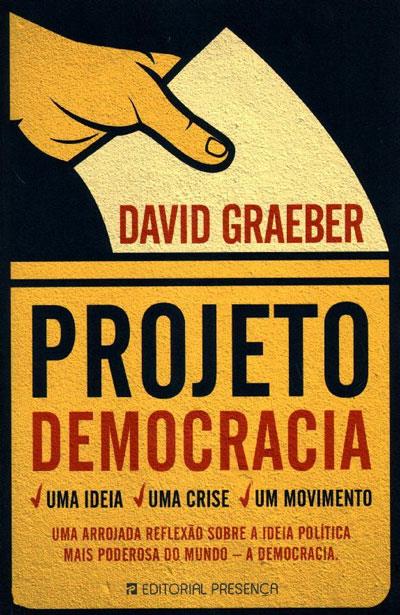
Spanish
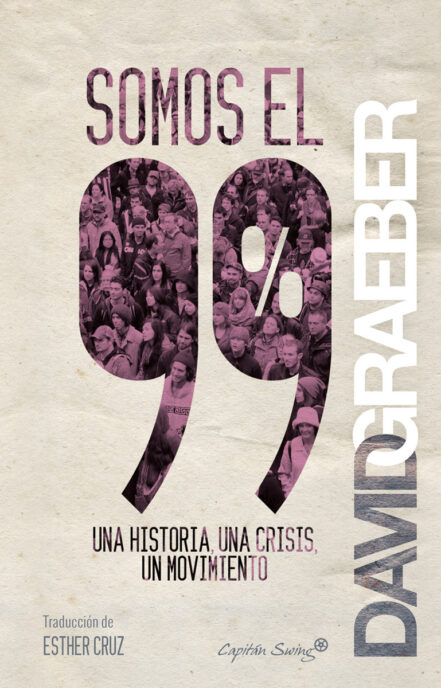
Esther Cruz
Pages: 304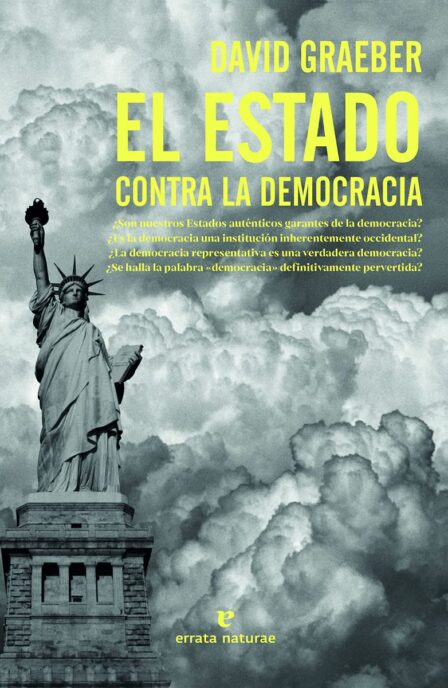
David Muñoz Mateos
Pages: 144Turkish
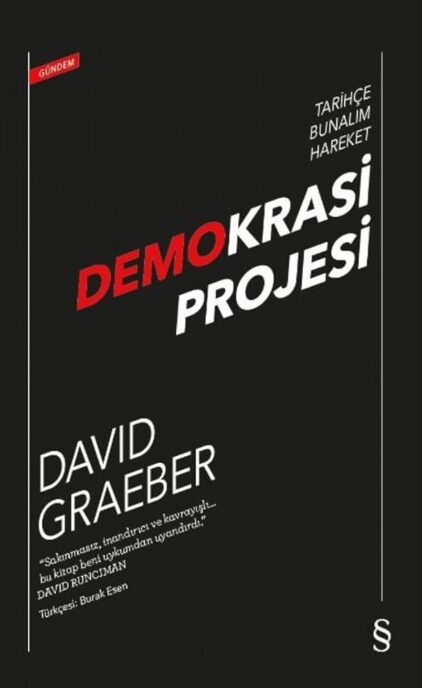
Burak Esen
Pages: 294Occupying Anarchism
The moral vanguard of change.
"Let's start with The Democracy Project. The ironies of attempting to be an anarchist in the political conditions of the early 21st century are not lost on Graeber. He tells, for instance, the story of participating in a London protest while thinking how odd it is to be among "a bunch of anarchists in masks outside Topshop, lobbing paint bombs over a line of riot cops, shouting, Pay your taxes!" But he believes, nonetheless, that a new theory began to emerge in the actual practice of Anarchism discovered by the Occupy movement. He played a role in the beginnings of that movement, and he spends most of The Democracy Project recounting its origins, explicating its history, and defending its reputation against its critics on the Left."
A Discussion With Anarchist Activist and Scholar David Graeber, Author of The Democracy Project
Gawker
The Anarchy Project
The Nation
David Graeber’s account of Occupy Wall Street is essential—and somewhat maddening in its insistence on heightening the differences between anarchists and liberals.
The Democracy Project by David Graeber
Times Higher Education
Rationality yields to sentimentality in an Occupy Wall Street-inspired call for direct action, Fred Inglis finds
The Democracy Project: A History, A Crisis, A Movement
Publishers Weekly
"Part first-person history of the Occupy movement, part how-to manual, this hopeful book considers "the possibility of democracy in America" that is, leaderless direct democracy. Graeber, an anthropologist whose Debt: The First 5,000 Years put the modern, debt-based global financial system in broad historical context, makes the argument that the current political system is not the only option".
This is What Democracy Looks Like: David Graeber
Publishers Weekly
"With his latest book, The Democracy Project: A History, A Crisis, A Movement (Spiegel & Grau, April), radical activist David Graeber could be seen as the accidental spokesman for the anarchist movement, expressing its ideas with the sophistication they deserve. His radical heterodoxy challenges the conventional narrative dominating mainstream public discourse: that we are living in a rational society where hard work and fairness are justly rewarded".
The Democracy Project: a History, a Crisis, a Movement by David Graeber – review
The Guardian
David Runciman is shaken from his apathy by a call for a new politics in a book that asks why the Occupy Wall Street protests worked
THE DEMOCRACY PROJECT
A HISTORY, A CRISIS, A MOVEMENT
Resolutely, proudly left wing/radical/anarchic with an exuberant optimism that usually keeps the tendentious text aloft.
Paint Bombs
David Graeber’s “The Democracy Project” and the anarchist revival.
"Now comes Graeber himself, with “The Democracy Project: A History, a Crisis, a Movement” (Spiegel & Grau). Like all revolutionaries, he is skilled in the art of wild extrapolation, starting from a small band of dissidents and imagining a world transformed. He doesn’t believe that a better future is inevitable. But like lots of people, not all of them radical or even political, he does believe that the current arrangement is unstable, and that we may as well start thinking about what might come next".
Cheerleaders for Anarchism
Dissent Magazine
The financial crisis of 2007–2008 inspired a shallow but significant revival of Marxist analysis in academic life. A violent upsurge in theory, however, has corresponded to no particular insurrection in practice. If any radical left tendency has been responsible for inspiring action, the palm should go to Marxism’s historic antagonist on the Left—anarchism.
‘Why did it work this time?’ David Graeber on Occupy Wall Street
Ephemera Journal
"David Graeber’s The Democracy Project: a History, a Crisis, a Movement takes the
opposite position vis-à-vis the Occupy movement and its significance. And of
course, from one of Occupy Wall Street’s (OWS) most prominent initiators and
spokespersons – in the academic sphere as well as the public media – one would
expect no less".
David Graeber’s Democracy Project: A Review
New Socialist
"This is just one point that Graeber doesn’t consider, but then, the book doesn’t aim to provide a general historical account of the Occupy movement as it unfolded internationally, but rather an anarchist and anthropological account of Occupy Wall Street [OWS] with selective comparative references to the movement in other parts of the United States. The point is not just to provide an account of OWS but also to use this account to outline “the possibility of democracy in America” (p.xv)".
Book Review: The Democracy Project
Gary Woodfine
"After a number of perverse political events that 2021 has already offered and the at the time of writing we had barely taking 4 months in of the new year. I was reminded of this book by David Graeber, one of my favourite authors, also in my opinion one of the most under rated under appreciated political/academic and anthropological philosophers of our time".
The Democracy Project
How to Save The World
"David Graeber, who was actively involved in the early days of Occupy Wall Street and continues to work to advance its principles, starts his new book The Democracy Project with a fascinating (if long) personal history of how OWS found its legs and what it had to deal with (notably the brutal suppression of November 2011 when the governments of the day decided to shut down the protest through a sustained, globally coordinated and ruthless operation, and the disgraceful behaviour of the media ‘covering’ the movement, and then abruptly not covering it at all)".





